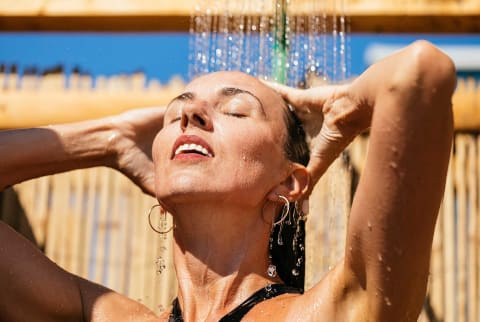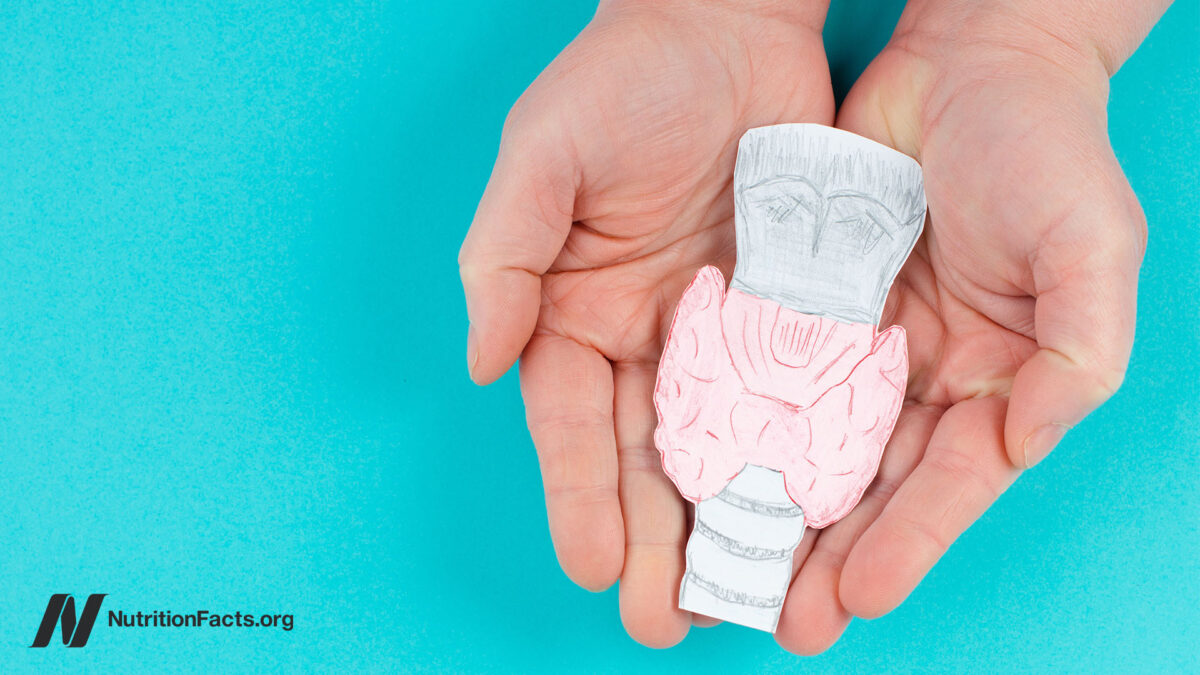Inflamed Skin Post Sun? Here's Exactly How to Calm It Down According To Experts
Caring for skin post sun is just as important as UV exposure can trigger free radical damage and inflammation. What to do according to experts.

Advertisement
This ad is displayed using third party content and we do not control its accessibility features.

mbg Beauty Director
mbg Beauty Director
Alexandra Engler is the beauty director at mindbodygreen and host of the beauty podcast Clean Beauty School. Previously, she's held beauty roles at Harper's Bazaar, Marie Claire, SELF, and Cosmopolitan; her byline has appeared in Esquire, Sports Illustrated, and Allure.com.
Image by Studio Firma / Stocksy July 05, 2024 We carefully vet all products and services featured on mindbodygreen using our Our selections are never influenced by the commissions earned from our links. It’s the day after a holiday that’s conventionally spent outdoors, embracing the warm weather, and enjoying time with friends and family. Not only that, but we’re gearing up for a sunny weekend as well. I also suspect some folks may have just made it a nice, long weekend out of it—to really maximize their relaxation and sun time. UV exposure can trigger free radical damage and inflammation—even if the skin doesn’t appear to have burned or turned red. And this can lead to signs of premature aging, such as wrinkles and sun spots. So your day outdoors is done, here’s how to quickly and effectively calm skin. Not only will this feel amazing on inflamed skin, but it will help skin’s appearance in the long term. 
Cold shower to calm inflammation
After spending hours in the sun, hop in the shower. Not only will the rinse wash off dirt, sand, and residual sunscreen, but the cold water can help ease sun-drenched skin that might be experiencing inflammation.
"After a long day in the sun, the first step I recommend is to take a cool bath or shower to cleanse the skin, minimize inflammation, and relieve any discomfort caused by the sun's UV rays," board-certified dermatologist Kim Nichols, M.D. once told us. "To prevent further dehydration to the skin, it is best to keep your bath or shower brief."
While in the shower, be sure to only use calming, gentle formulas. For washes, look for non-irritating cleansers free of fragrance, sulfates, abrasives, and chemical exfoliants.
Personally, I also like to use a silky, fragrance-free shower oil. (My personal favorite to use in the shower is mindbodygreen’s dry body oil—which I apply before and after my shower to help keep my skin hydrated.)
Aloe-based moisturizer
Aloe is the beloved plant of the summer for a reason: The juice of the plant has many hydrating and protective properties that make it ideal for use post sun.
While you certainly can rub the juice on the skin as is, it’s not the most practical method. Natural aloe itself doesn’t have a long shelf life, so it’s perhaps best to find moisturizers with aloe as an ingredient.
You should look for a body lotion that contains a decent amount of aloe, ideally with aloe vera juice as a base (you can tell if it's listed near the top of the ingredient list).
mindbodygreen’s postbiotic body lotion uses certified organic aloe as its base, alongside other skin-supporting ingredients like oat oil, shea butter, coconut oil, moringa seed oil, and fruit extracts.
Skip exfoliation til the skin calms down
After time outdoors, you may be tempted to slough off buildup or patchy, dry skin. But exfoliation will only make things worse. The act of exfoliation removes the top layer of the stratum corneum, which is the skin’s protective layer. Since the skin is already quite vulnerable and sensitive, it’s best to treat it gently.
Avoid any products that contain chemical exfoliants after spending time in the sun. Steer clear of body and face products that contain AHAs or BHAs (think salicylic, lactic, or glycolic acids). Retinol body serums and lotions are another no-no for post-sun care.
You can use these products a few days before sun exposure (just know that these make your skin more photosensitive, so proceed with even more diligent sun protection), but try to use something more hydrating the day before and the day after.
The takeaway
It’s good to spend time in the sun—especially when that time is spent with family, moving your body, or doing hobbies that you love. It’s very important that you do so responsibly by wearing sunscreen and practicing safe sun behaviors (like not tanning and utilizing accessories).
Then, after your time outdoors, be sure to help combat any inflammation with this simple three-step method: cool shower, aloe-based moisturizer, and no exfoliating.

 AbJimroe
AbJimroe -v1646695196476.jpg?1148x800)

































